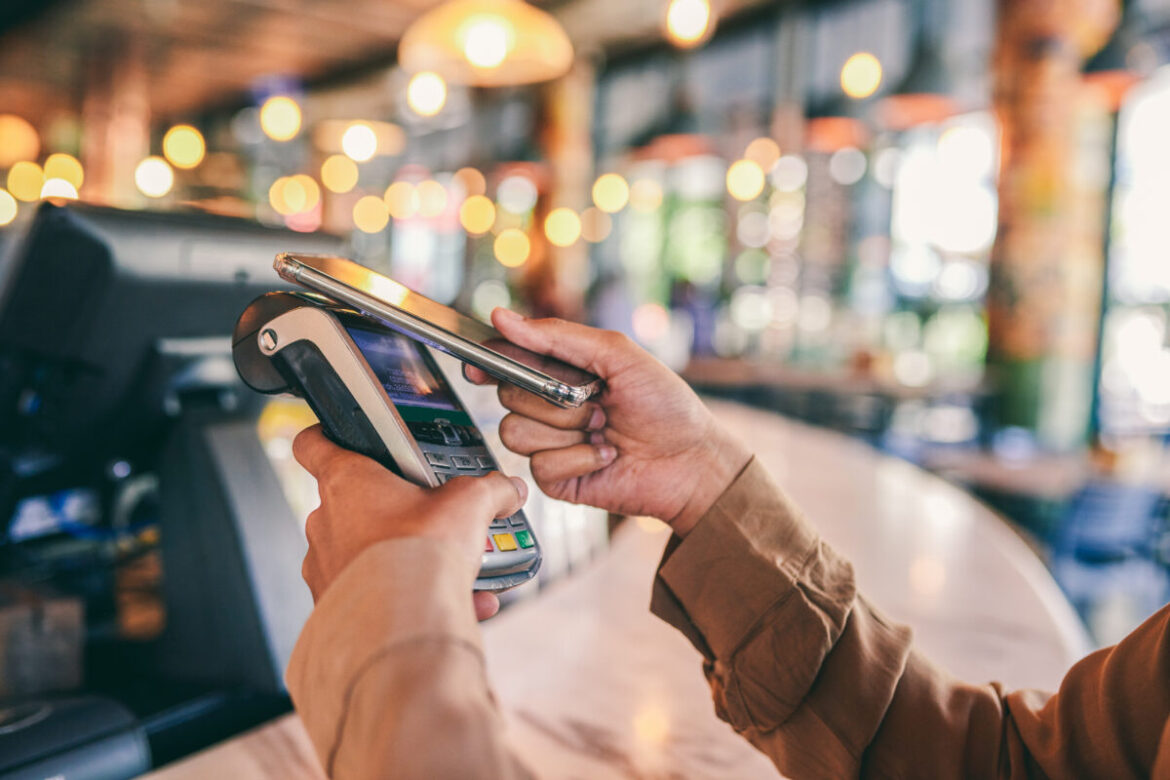Cellulant links Mastercard‘s virtual payments solution to its payment gateway, enabling its customers to access digital commerce; irrespective of whether they have a bank account or not.
The Pan African payments company has linked Tingg, its digital wallet, with the virtual payment solution of Mastercard.
This will allow its customers across Africa to complete digital payments anywhere where Mastercard is accepted; stimulating the continent’s e-commerce market.
Consumers will be able to pay for well-known digital commerce brands, travel, accommodation, entertainment and streaming services; both domestically and internationally.
Africa’s appetite for online shopping is showing no signs of slowing down; thus the need for quicker and more secure payment methods.
Increasing 20 to 30 per cent at the height of the pandemic, the continent’s digital commerce boom is expected to remain a permanent feature in overall retail spending.
Across Sub-Saharan Africa, mobile devices are the primary channel used to connect to the internet, with connected devices expected to reach 678 million in 2025, with a penetration rate of 65 per cent.
As a result, alternative payment methods driven by mobile payments have increasingly begun to dominate the digital payments landscape.
Consequently, consumers increasingly expect access to a broader range of online offers and digital financial services.
Yet despite having around 100 million small businesses, less than five per cent of Africa’s small business transactions are digitised.
Virtual cards offer a compelling path to digitisation for the businesses that seek that end destination.
Benefits include tracking, reconciliation and quick settlement of day-to-day payments, better management of customer and supplier relationships and minimised fraud risk.
Taking advantage of these opens up paths for growth through value chain financing and ease in raising working capital.
Its partnership with Cellulant plays a role in advancing Mastercard’s commitment to financial inclusion to bring a total of 1 billion people, and 50 million micro and small businesses into the digital economy by 2025.
“Mastercard’s technology enables our digital partners to redefine their consumer’s digital commerce interactions and experiences,” said Amnah Ajmal, EVP of market development, Eastern Europe and MEA at Mastercard.
By focusing on the provision of multi-use digital payment solutions, Mastercard is enabling its partners, including Cellulant, to improve their operational efficiency, diversify their revenue and transition into digital commerce.
“We see the increasing proliferation of fintechs as a strategic opportunity to add value by creating more connections, better user experiences and greater choice for consumers,” adds Ajmal.
David Waithaka, Cellulant’s CRO, believes that seamless payment experiences are the backbone for accelerating economic growth across Africa.
“MSMEs are the driving force for Africa’s economy and our work in digitising payments for businesses and their consumers enables the requisite foundation for innovation, economic development and financial inclusion,” comments Waithaka.
“By partnering with Mastercard,” he continues, “we are looking to further open up pathways that effectively position our customers for the growth they need.”
Covering 35 countries across Africa with about 300 payment integrations, Cellulant helps stitch together the fabric of Africa’s commercial landscape making interoperability possible.
Image and article originally from thefintechtimes.com. Read the original article here.

